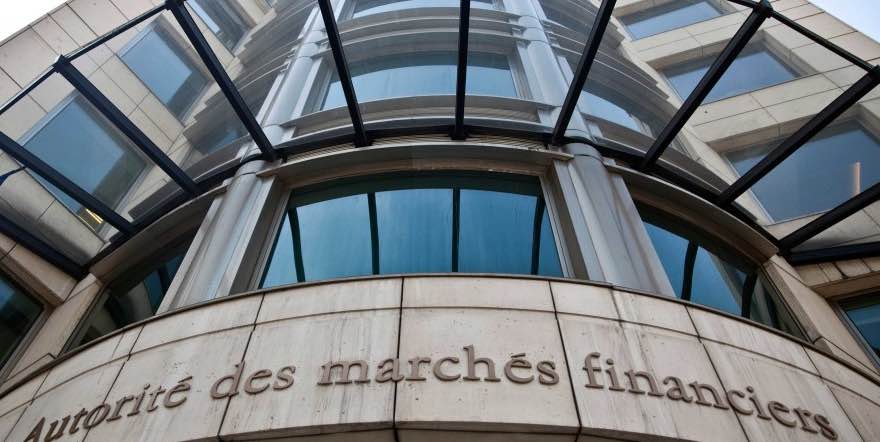France is a country in western Europe with a love for cheese and hatred for all things business. Reflecting that guillotine-loving attitude, the country’s financial regulator, the Autorité des marchés financiers (AMF), released its annual report this Tuesday.
As it has done frequently in the past, the French regulator laid into the retail trading industry several times in the report.
For instance, two large sections of the report, one titled “Protection Against Unsuitable and Toxic Products” and the other “French Savers Are the Target of Cyber Criminals,” are almost entirely concerned with the retail trading market.
This is not the first time that the regulator has used such harsh terminology when referring to retail brokers. Last year, the head of the AMF, Robert Ophele, said that Plus500 “specializes in toxic products.”
Permanent rules
Regarding Regulation , the AMF’s report indicates that it will be making the European Securities and Markets Authority’s product intervention measures, introduced last August, permanent.
The AMF had already hinted at its plans to do this. In March, the regulator issued a statement saying it did not want to rely on ESMA continually renewing the rules every three months.
And in its annual report, the French financial watchdog said that the rules would be extended in the summer of this year by “national measures.”
Alongside that statement was a rather sourpussed claim that “six institutions, situated mainly in the European Union, have not respected [ESMA’s regulations]. This led the AMF to warn the regulators in these countries so that they make sure the regulations are adhered to.”
It is unclear as to who these companies are or what countries they are based in.
From scam to scam
Perhaps the most interesting part of the AMF’s report, at least with regard to the trading industry, came under its cybersecurity section. As noted, this largely concerned itself with retail trading companies.
Notably, the regulator said that fraudsters are moving away from selling binary options and foreign exchange (FX) and towards Cryptocurrencies .
In 2016, the AMF wrote in its report that it received 3,768 requests from retail investors pertaining to FX and binary options scams. In the same year, just 18 requests were related to cryptocurrencies.
Fast forward to 2018, and only 968 consumer requests were related to FX and binary options. Conversely, 2600 demands were made regarding cryptocurrencies.
“The rapid and large-scale deployment of these offerings and their impact has led to questions about phishing techniques deployed by networks of clearly structured, organized and agile individuals,” the AMF said in its report.
“Banners on the internet attract users to web pages advertising information on the latest trends in investments but, in reality, their only intention is to collect the personal data of [retail investors].”


















